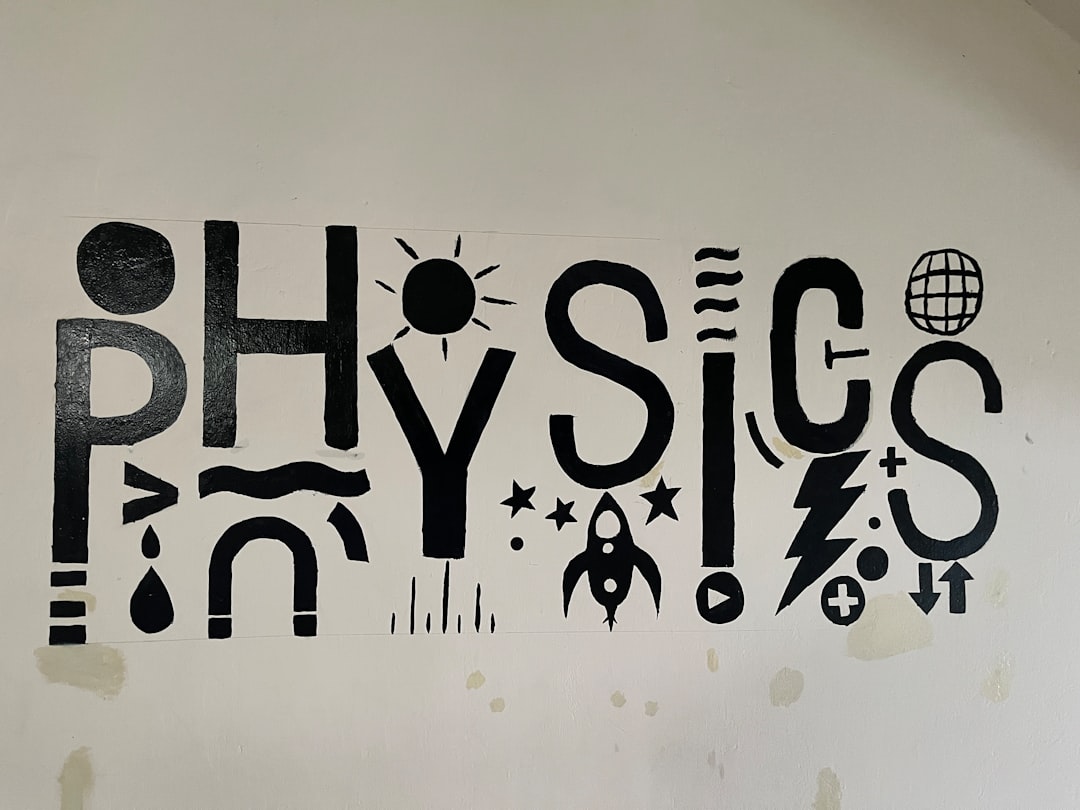Logos are a powerful visual representation of a brand or business. They serve as recognizable symbols that communicate identity, quality, and trust. Whether you’re a designer, business owner, or content creator, understanding logo licensing is crucial when using or distributing logo designs. There are several kinds of logo licenses, and each comes with its own restrictions and freedoms. In this guide, we break down the essentials of logo licensing, including royalty-free, commercial use, and trademark considerations.
TL;DR
Logo licensing governs how logos can be used, modified, and distributed. Royalty-free does not mean free of restrictions—it just means you pay a one-time fee instead of continuous royalties. Commercial use refers to using logos in ways intended to generate income, while trademark law protects logos from unauthorized use that confuses consumers. Always read the licensing terms carefully and understand your rights and responsibilities before using a logo.
Understanding Logo Licensing
Licensing is a legal framework that defines how and where a logo can be used. Different types of licenses grant different levels of freedom to use a logo for personal, commercial, and promotional purposes.
What is a Logo License?
A logo license is a legal agreement between the logo creator or owner and anyone who wants to use the logo. This agreement specifies:
- Who can use the logo
- How the logo can be used
- Where it can be used (online, in print, etc.)
- Modifications allowed, if any
- Duration of use rights
Regardless of how obvious or harmless it might seem to use a logo found online, using it without understanding its license can lead to legal complications.
Types of Logo Licenses
1. Royalty-Free
Royalty-free is one of the most misunderstood terms in the digital design world. A royalty-free license means you pay once (or not at all if it’s free) to use the logo without having to pay ongoing fees. However, it doesn’t always mean unrestricted use.
Common terms included in royalty-free licenses are:
- Non-exclusive use (others can use the same logo)
- No reselling or redistributing the logo as a standalone file
- Use in personal or commercial projects depending on the license level
It’s important to read the fine print. Some royalty-free licenses allow for commercial use; others do not.

2. Commercial Use
Using a logo for commercial purposes generally means you’re using it in a way that could result in financial gain. This includes, but is not limited to:
- Product packaging
- Advertising materials
- Corporate branding
- Merchandise such as T-shirts or mugs
Many logo marketplaces provide both personal and commercial licenses. Commercial licenses usually cost more but come with expanded rights. If you’re unsure whether your intended use is considered commercial, it’s best to assume that it is and secure the appropriate license.
3. Trademark and Legal Protection
A trademark is a legal mechanism used to protect logos, brand names, and slogans that identify the goods or services of a business. If a logo is trademarked, only the owner has the legal right to use it for commercial purposes in a specific industry or context.
Trademark infringement can result in serious legal consequences, including cease-and-desist orders, lawsuits, and fines. Simply holding a license to use a logo doesn’t necessarily mean you have permission to register it as a trademark for your business. Always consult a legal expert before attempting to trademark a licensed logo.
Using Logo Design Services and Marketplaces
Online marketplaces and freelance design platforms are common sources for logo designs. Each marketplace has its own licensing structure that you need to understand.
Popular Logo Sources and Licensing Options
-
- Envato Elements
Offers royalty-free logos with commercial licenses for subscribers. You still can’t register logos as trademarks.
-
- Canva
Provides logos with their Pro subscription that you can use commercially, but they often use stock elements which may not be trademark-safe.
-
- Fiverr
You can often get custom logos, but you need to clarify ownership and licensing terms with the designer.
-
- 99designs
Designers typically transfer full rights to the client. You may be able to trademark the logo, but confirmation from the platform and lawyer is recommended.

Ownership vs Licensing
Owning a logo outright means you have full control over its use and distribution, including the ability to trademark it for exclusive rights. Licensing a logo means you’re borrowing the rights under specific conditions. Many users confuse these two terms, but the distinction is critical:
- Ownership: You can modify, sell, or register the logo as your trademark.
- License: You can use the logo only under the terms specified in the license agreement.
If you’re commissioning a custom logo from a designer, always ensure the agreement includes a copyright transfer clause if you want full ownership.
Best Practices
When dealing with logo licenses, consider the following tips:
- Always read the license agreement carefully before using a logo.
- Know your intended use—commercial, editorial, or personal.
- Get everything in writing, especially for custom logo projects.
- Consult with a legal expert before attempting to trademark a logo.
- Avoid free logo generators if you want uniqueness and legal clarity.
Final Thoughts
Licensing a logo isn’t just about finding a cool design and slapping it onto business cards and stickers. It involves understanding usage rights, licensing terms, and potential legal pitfalls. Brands invest heavily in visual identity, and misuse of logos—whether intentional or accidental—can result in serious repercussions. By taking the time to understand logo licensing basics, you’ll not only protect yourself legally but also build your brand on a stable foundation.
FAQ
- Can I use a royalty-free logo commercially?
- Only if the license explicitly allows for commercial use. Always check the terms before proceeding.
- Is using a logo from Google Images legal?
- No. Logos found through a search engine are protected by copyright and often trademark laws. You need proper licensing to use them legally.
- Can I edit a licensed logo?
- This depends on the license. Some allow for modification, while others strictly prohibit altering the design.
- Will I automatically own a logo created by a designer I hire?
- Not necessarily. Ownership must be transferred in writing through a copyright assignment agreement.
- Can I trademark a logo I bought online?
- Possibly, but it depends on the license and whether the logo includes original elements. Consult a lawyer first.
- What’s the safest way to ensure full rights to a logo?
- Hire a designer for a custom logo and get a written agreement that transfers full rights and ownership to you.